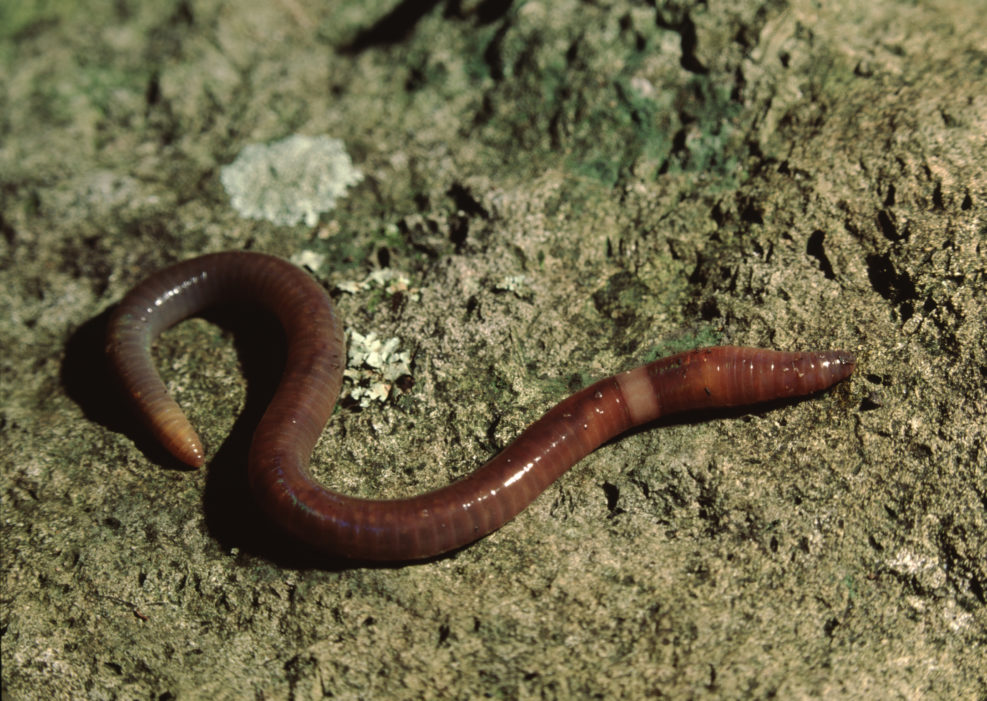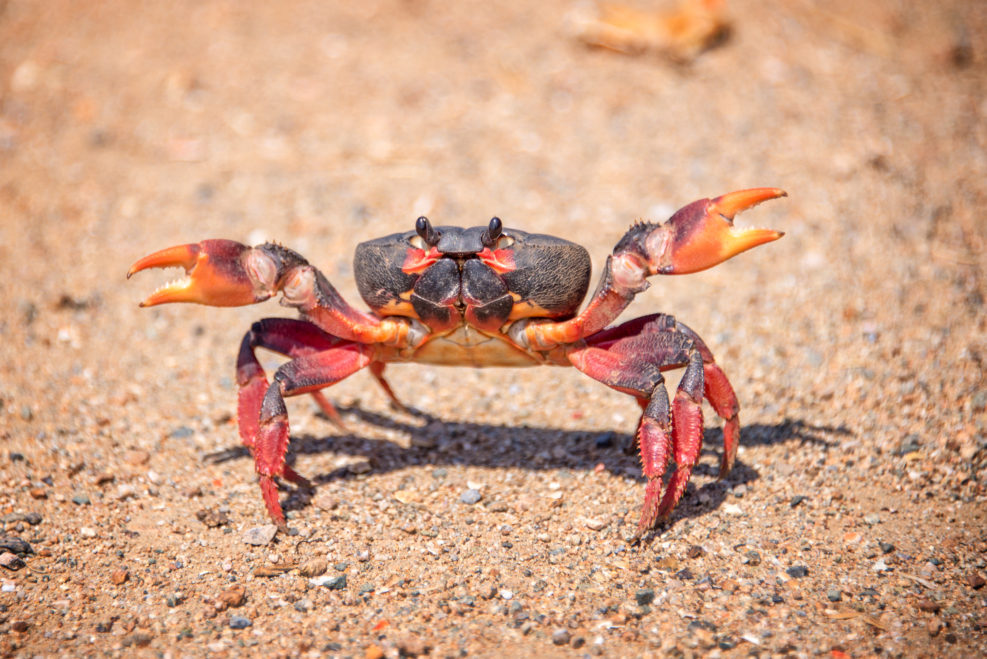
Evolutionary Psychologist Argues That Worms Feel Pain. But How?
Wait. Barash’s hypothesis overlooks the fact that suffering is more than an alarm system. An alarm could be going off in an empty buildingA web site for fans of earthworms tackled the question recently: Yes, it is now accepted that worms feel pain – and that includes when they are cut in half. They do not anticipate pain or feel pain as an emotional response, however. They simply move in response to pain as a reflex response. They may curl up or move away, for example, from painful or negative stimuli. Aimen Mirza, “Do worms feel pain? (Can Earthworms Sense Painful Stimuli?)” at WORMMY (October 12, 2021) Possibly in line with the growing support for panpsychism in science, University of Washington evolutionary psychology professor David P. Barash, asks us to consider that worms do indeed feel pain in a deeper sense than an Read More ›
